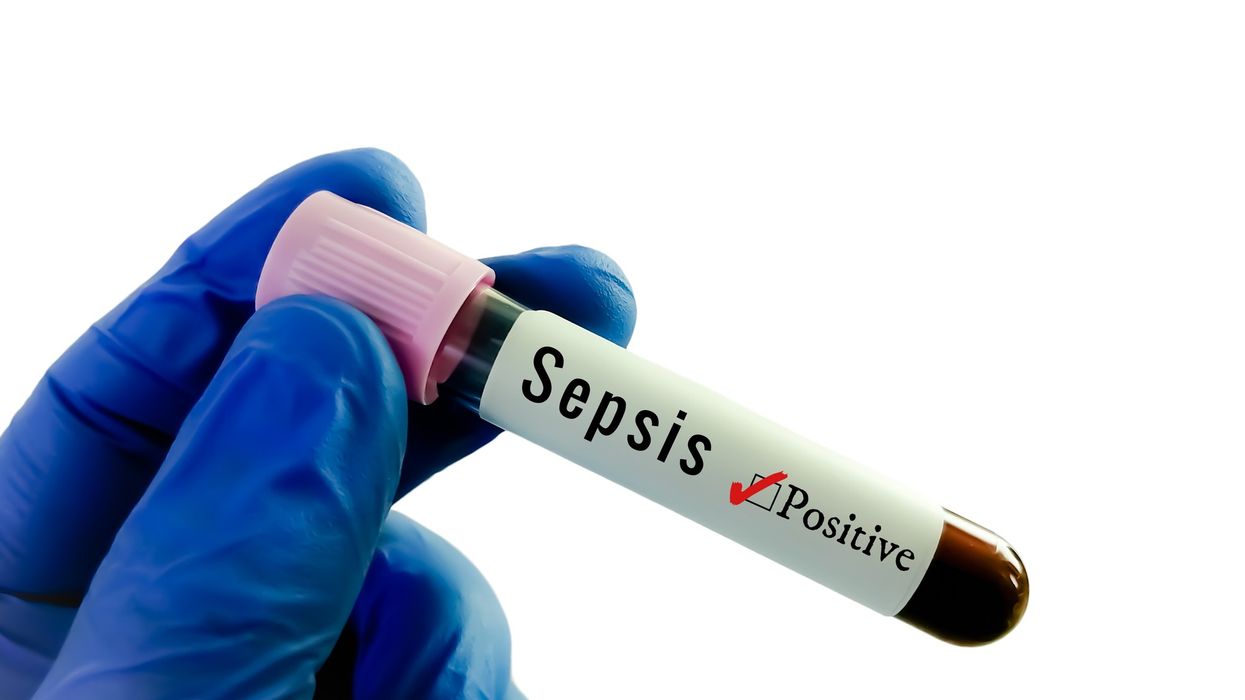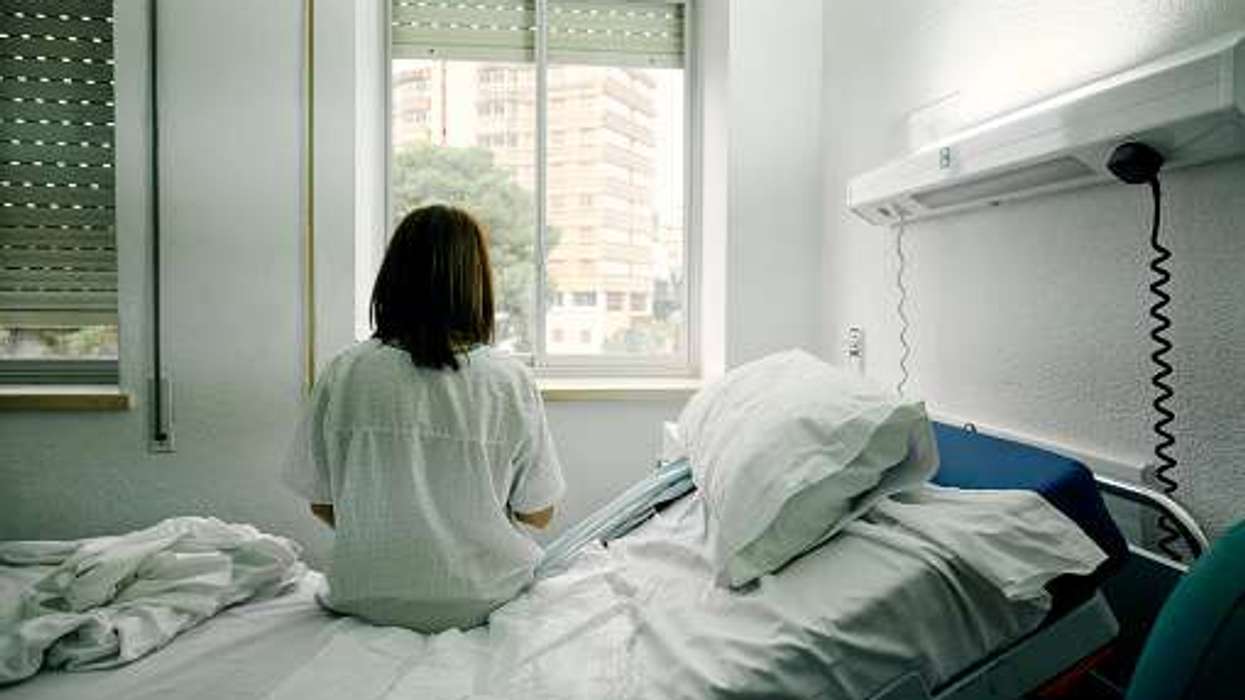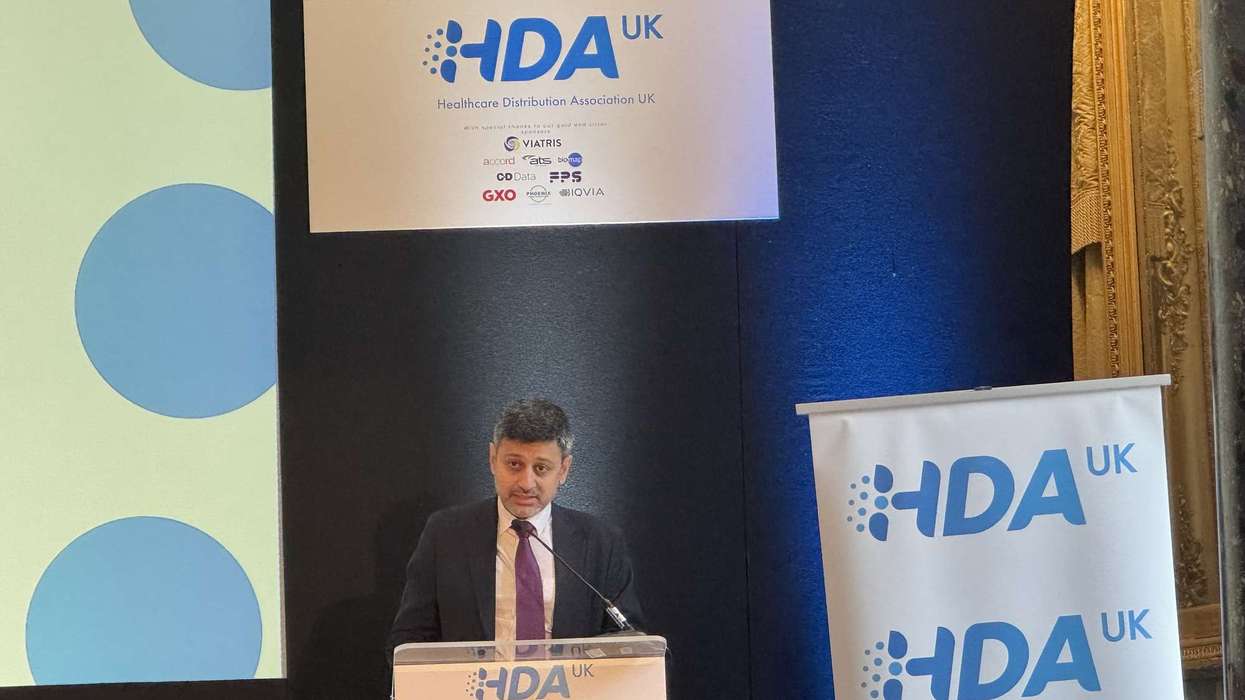Key Summary
- Health Services Safety Investigations Body flags concern over delayed treatment of sepsis
- UK Sepsis Trust estimates that out of 48,000 deaths every year due to sepsis, 10,000 were avoidable
- Sepsis develops when an infection goes untreated and the body’s immune response starts to target its own tissues and organs
Health Services Safety Investigations Body (HSSIB) has said that thousands continue to die of sepsis due to a delay in diagnosis and treatment.
“The recognition of sepsis remains an urgent and persistent safety risk”, and in many sepsis death cases, the concerns raised by relatives were ignored, the NHS watchdog added.
It cited UK Sepsis Trust estimates that out of 48,000 deaths every year due to sepsis, 10,000 were avoidable.
Sepsis develops when an infection goes untreated and the body’s immune response starts to target its own tissues and organs.
HSSIB's reports detail three cases where patients suffered severe harm or death due to delayed sepsis recognition.
Two of the patients died and the third had to undergo leg amputation because of the delay in starting antibiotics.
HSSIB safety investigator Melanie Ottewill said, “These reports show a consistent pattern of issues around the early recognition and treatment of sepsis."
She pointed out that they also "highlight the imperative of listening to families when they express concerns about their loved one and tell us about changes in how they are".
UK Sepsis Trust founder Dr Ron Daniels said the reports "provide a valuable reiteration of how quickly sepsis can develop – and therefore how swift diagnosis and treatment must be – as well as a reminder of why it’s so important to maintain consistent awareness of every sepsis symptom."
The Parliamentary and Health Service Ombudsman and Care Quality Commission had earlier highlighted the problem of people dying of sepsis due to late diagnosis.
In the UK, 245,000 people are affected by sepsis every year, and it is the second biggest killer after heart disease.












